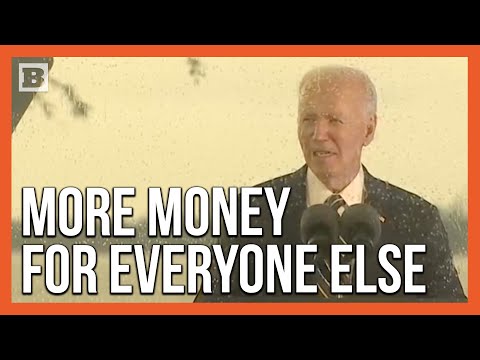The United States has long prided itself on being a beacon of hope and assistance for those in need around the world. Recently, the nation made headlines again with a significant announcement: a pledge of over $1 billion in humanitarian aid to support Africans suffering from distressing droughts and food shortages. While on the surface, this seems like a noble commitment, it ultimately raises crucial questions about priorities and the effectiveness of such vast spending.
First, let’s acknowledge the good intentions behind this humanitarian aid. The United States is indeed one of the wealthiest nations globally, which imposes a moral responsibility to help those less fortunate. Providing assistance to struggling communities facing dire circumstances can appear to align with American values of compassion and charity. However, this raises a pressing issue about how much support should be reserved for foreign nations compared to pressing domestic challenges. As Americans consider this massive finance package, they must ask themselves whether it is wise to prioritize aid abroad while millions of their countrymen face serious economic hardships at home.
Moreover, the focus on international aid often distracts from the immediate needs of American citizens. In various communities throughout the nation, families are grappling with rising costs of living, unemployment, and health crises. While supporting those in need overseas may pull at the heartstrings, ensuring that Americans can thrive must take precedence. This ongoing shift of resources away from domestic issues highlights a growing disconnect between government priorities and the everyday lives of Americans.
Additionally, the effectiveness of such foreign humanitarian assistance is questionable. Time and time again, vast financial aid packages have flooded countries only to be met with corruption, mismanagement, and inadequate distribution. It is critical to scrutinize whether this billion-dollar relief will truly reach those who need it most or if it will simply line the pockets of politicians and ill-intentioned leaders abroad. Past experiences suggest that financial aid does not always translate into positive outcomes, and it is fair for taxpayers to demand a clearer plan and accountability before committing such substantial amounts of money.
Americans deserve a government that prioritizes them first. The billions intended for foreign relief should prompt a serious conversation about how resources are allocated and the true priorities of national leaders. Instead of continuing to escalate foreign aid commitments, there needs to be a thorough evaluation of how to balance international responsibilities with local needs. Ultimately, preserving the interests and welfare of American citizens must be the primary focus for a country that prides itself on supporting the global community.
In conclusion, while the intention behind this humanitarian effort is commendable, the implications it carries warrant deep reflection. As the United States continues to extend its hand to help others, it must not forget the everyday struggles of its own people. The commitment to humanitarianism should be coupled with a steadfast dedication to ensuring that all Americans have the resources and support they need to thrive. This is not just a matter of policy; it is a matter of moral integrity.



